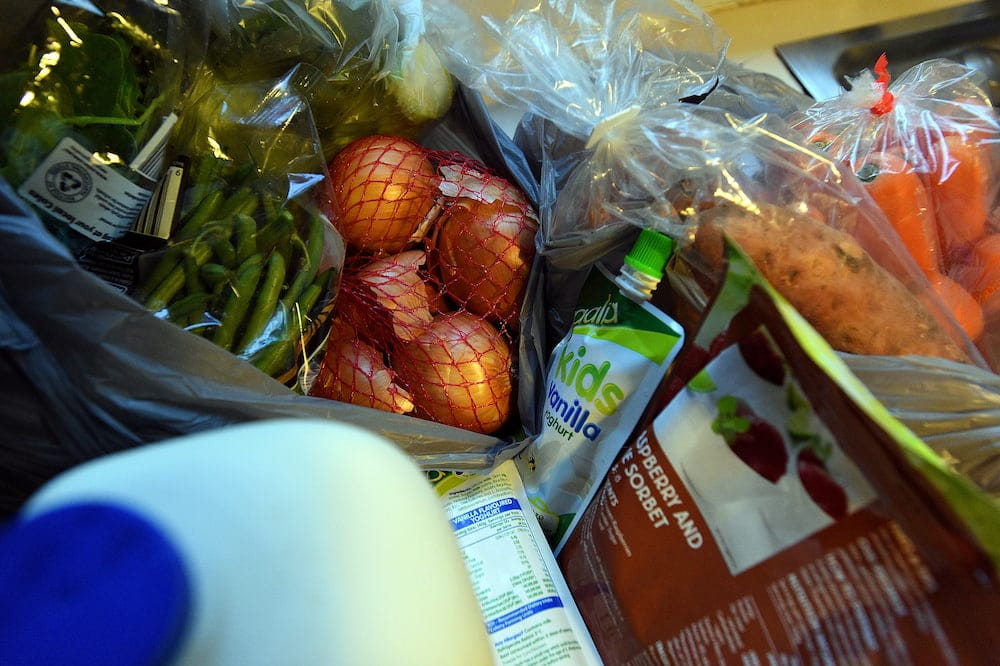The latest consumer price index data from the Australian Bureau of Statistics (ABS) shows food prices have had their highest year-on-year rise in more than a decade.
The ABS figures released on Wednesday show the annual rate of inflation soared to its highest level since 2001, with food prices up by 4.3 per cent over the year to March, and 2.8 per cent from the previous quarter.
In an analysis of the data, agribusiness specialist Rabobank said the climb is the highest year-on-year increase in food price inflation since 2011.
Senior analyst at Rabobank Michael Harvey said horticulture was a major contributor to the food price hikes, with vegetables prices up 6.6 per cent and fruit 4.9 per cent higher year on year.
“Higher cost of meat, seafood and dairy were also significant contributors to food price inflation in the quarter,” Mr Harvey said.
Rabobank found there was broad-based price inflation across the “food complex”, with rises recorded across all of the major grocery food product categories.
Food price rises were the highest in the grocery channel, with reported inflation in food service, “softened by meals out and takeaway foods” (+0.7 per cent) with price rises partially offset by voucher schemes reducing out of pocket costs for consumers in some cities.
Mr Harvey said flooding in NSW and Queensland affected agricultural production and supply chains, which has begun to have an impact on prices.
Rabobank said consumers should be bracing for further food price rises over the next year with the impact of higher transport costs, supply-chain disruptions and high commodity prices still being felt.
“Consumers will have to tighten their belts,” Mr Harvey told AAP.
“Food inflation is not surprising given globally when you look at what’s driving food prices higher, a lot of these factors are still at play.”



